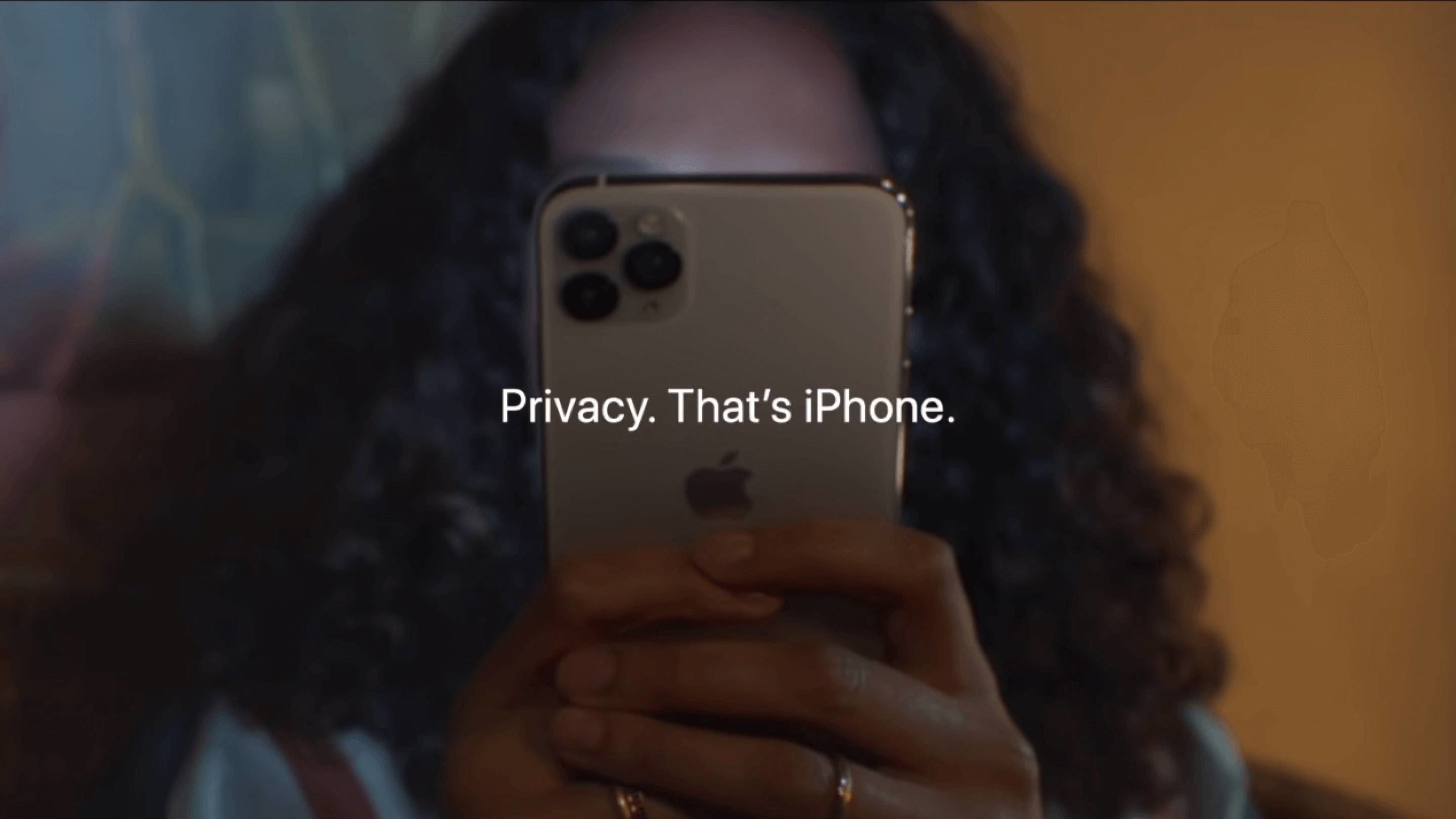Google are going on a diet
Written by Laura Browne, Digital Project Manager. Illustrated by Jake Ward, Designer.
Well, sort of. Google are making big changes to limit the use of cookies – and we’re not talking the chocolatey kind. The search giant wants to protect user privacy and has posted about a future Chrome update, which aims to stop support for third-party cookies by 2022.
The ambitious timeline Google have given themselves was announced in January this year, and we’ve spent time trying to understand what impact our clients can expect.
Marketers have relied on third-party cookies since the dawn of online advertising.
Cookies are small files created when visiting a site and are used to track consumer behaviour. Google Chrome’s new changes specifically affect third-party cookies which track users across multiple websites and offer clarity on what marketing campaigns were successful.
These cookies are used by media buyers to identify browsing behaviours and gain insight into user personalities, building a picture of their likes and dislikes. Brilliantly crafted display ads can then be targeted, retargeted and retargeted some more to relevant audience profiles.
You might be thinking about your own website, hopefully you will have a prompt asking users to accept/reject your tracking cookies? Tracking cookies are classified as first-party cookies and aren’t affected by Google’s 2022 updates. Rest assured that your Google Analytics data is safe, for now.
Media buyers use third-party cookie information to target messages and products to user profiles who are most likely to engage, whilst also avoiding consumers who shouldn’t have visibility of the ads.
Brands take into consideration the rules outlined by the ASA, specifically around products which have legal restrictions. Using data collected by third-party cookies, advertisers are able to specify age groups and avoid marketing products such as alcohol and e-cigarettes to minors.
Users always have the option of opting out of third-party cookies, so targeting ads based on age, gender and interests isn’t possible. The user will still see ads whilst browsing through Chrome, but they won’t be as relevant.
When advertising is made less relevant by removing cookies, publishers (website owners) can expect a funding fall by 52% on average, meaning a drop in revenue for showing ads around their site.
Not necessarily. There isn’t a ton of technical information on what or how an alternative will be implemented, but Google are pitching a so-called Privacy Sandbox initiative as a possible solution.
The Privacy Sandbox seems to be more of an open forum for Google to communicate with the development community about the changes, but it’s still in its infancy. We’re eagerly awaiting a detailed update on what exactly will be involved.
There are rumours around the web that Chrome will use APIs instead of Cookies to capture and release data to media buyers, but with a heightened sense of security around personal information.
Regardless of the technical details, it’s important to remember that Google own their own digital advertising platform. The Google Display Network (GDN) accounts for 90% of reach across all internet users worldwide, and in Q3 of 2018 earnt a staggering $24.1 billion of revenue through advertising.
It’s hard to believe that Google would roll out a change to the World’s most-used web browser which would critically harm ad-dependent sites, losing them $24.1 billion in revenue, without having a very well thought out backup plan ready to go.
To be fair to Google, they’re doing all this with good intentions. There’s no doubt that privacy has been at the forefront for major tech leaders following fallout from the GDPR explosion.
Apple released the ‘Privacy on iPhone’ ad at the end of last year, which followed therobust cookie restrictions placed in Safari during 2017, a strong effort to address consumer unease.

What else is going on

Our 2020 Digital Predictions
We don't have 20-20 vision, but we've taken a look at the research.
Find out more
How Plant a Tree Co. used Social Proof to make fools of us all
When an online Instagram campaign promised to plant a tree for every pet photo posted, in no time its creator unsurprisingly claimed it had ‘spread out of control’.
Find out more


